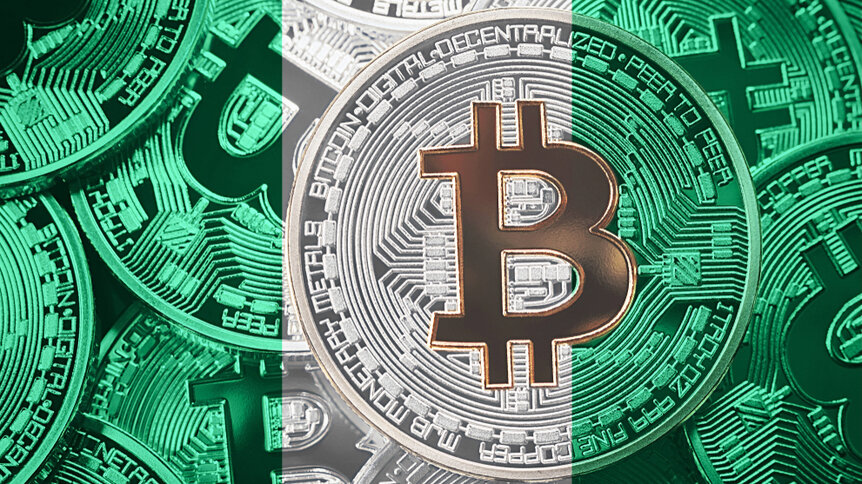Web3🌑Friday Roundup: Labour Victory, Mt. Gox Repayments, German MP's Bitcoin Call, and KuCoin's Nigeria Tax
1. Labour's landslide victory sets up Starmer as UK Prime Minister with unknown crypto plans
2. Mt. Gox begins repayments in Bitcoin & Bitcoin Cash
3. German MP criticizes govt's Bitcoin sell-offs, suggests holding as a strategic reserve
4. KuCoin adds 7.5% tax for Nigerian users due to regulatory updates
Keep read on for more insights:
In today's fast-evolving landscape of Web3, significant developments are reshaping the global crypto and blockchain sphere. From political shifts in the UK under Labour's new leadership to Mt. Gox's pivotal Bitcoin and BCH repayments, the world of digital currencies is buzzing with activity. Meanwhile, in Germany, a bold call to embrace Bitcoin as a strategic asset sparks debate, while Nigeria sees regulatory changes with KuCoin's introduction of a 7.5% tax on transactions. Join us as we delve into these headlines, exploring their implications for the future of finance and digital economies worldwide.
1. Labour's landslide victory sets up Starmer as UK Prime Minister with unknown crypto plans
The Labour Party won the U.K. general election, ending 14 years of Conservative rule and bringing Keir Starmer to power. While Labour's stance on crypto remains unclear, they support tokenization and the Bank of England's digital pound plans, with a decision expected by 2025-2026. The Conservatives had aimed to make the UK a crypto hub with clear regulations. Starmer emphasized change and restoring Britain to serve working people in his victory speech. The shift in power marks a significant change in the UK's political landscape, with potential impacts on the future of crypto regulation.

2. Mt. Gox begins repayments in Bitcoin & Bitcoin Cash
Mt. Gox has started repaying its creditors in Bitcoin (BTC) and Bitcoin Cash (BCH) via select crypto exchanges per its rehabilitation plan. Conditions for repayment include account verification and creditor agreement. The exchange, once handling 70% of global BTC transactions, collapsed in 2014 after losing 850,000 BTC due to a security breach. Repayments are underway, with 47,288 BTC already moved from trustee addresses. The process ensures secure and timely payments following required procedures.

3. German MP criticizes govt's Bitcoin sell-offs, suggests holding as a strategic reserve
German MP Joana Cotar has criticized the government for selling Bitcoin hastily, urging the development of a comprehensive Bitcoin strategy instead. She argues that holding Bitcoin as a strategic reserve could diversify state assets and hedge against inflation. Cotar invites Chancellor Olaf Scholz and other officials to a "Bitcoin Strategies for Nation States" event to discuss this further. She believes a clear legal framework for Bitcoin is in Germany's best interest for technological and financial development. Despite her criticism, the German government continues transferring significant amounts of Bitcoin to various addresses and exchanges.

4. KuCoin adds 7.5% tax for Nigerian users due to regulatory updates
Starting July 8, KuCoin in Nigeria will implement a 7.5% Value-Added Tax (VAT) on all transaction fees, responding to regulatory changes. This move aligns with Nigeria's 2023 Finance Act, which also introduced a 10% capital gains tax on digital assets. The country's SEC, overseeing digital assets like cryptocurrencies, faces challenges in enforcing these taxes due to unclear regulatory definitions. Despite these hurdles, Nigeria remains a pivotal market in Africa's crypto landscape, with recent SEC directives requiring re-registration of crypto businesses reflecting ongoing efforts to formalize and regulate the sector amid its rapid growth and economic significance.

As we navigate the complexities and opportunities ahead, let's keep a keen eye on how these decisions shape the future of cryptocurrencies globally. Stay tuned for more updates on our journey through the evolving world of Web3.









